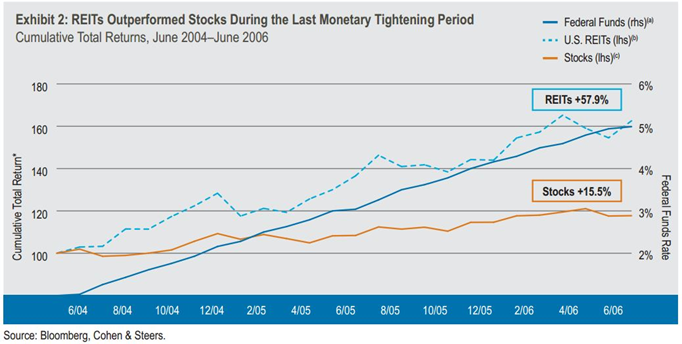Is Bitcoin A Safe Bet A Quick Guide To Cryptocurrency
Post on: 10 Октябрь, 2015 No Comment

Follow Comments Following Comments Unfollow Comments
Virtual currencies, notably Bitcoin, have recently gained traction in the media as potential investment vehicles. Proponents praise their decentralization, convenience, and transparency. Over the past year, they have transformed from black market currencies to viable alternatives for traditional investments and existing currencies.
The top dog, Bitcoin, soared from 10 cents in its early days to more than $1,200 by December 2013 as its exploding demand fascinated the media. Most people still have limited knowledge of how to use Bitcoin, let alone invest in it. Given its dual potential as both an investment and an electronic currency, it is important to understand the risks of this largely unregulated marketplace.
Growing Pains
Originally used as a way to barter on the black market site Silk Road, Bitcoin has now grown to cover several sectors and a variety of uses. It has spawned a multitude of imitations since its origins in 2009 and helped pave the way for cryptocurrency’s rapid growth as its market cap now exceeds $6 billion.
In February 2014, Mt. Gox, a major exchange that once handled over 70% of Bitcoin transactions, announced its loss of around 850,000 Bitcoins, valued at over $500 million. The collapse of this platform called into question the security of cryptocurrency and its ability to emerge into a mainstream currency. The value of Bitcoins crashed overnight causing China to ban it as a currency, likely scaring off many potential investors.
2 Year Bitcoin Price Chart
How to Obtain Bitcoin
To those new to the virtual currency game, there are two ways to obtain Bitcoin or any kind of cryptocurrency: mine them using a powerful computer and buy them through a crypto exchange.
Mining sacrifices your computer’s computational processes to solve complex problems that keep the respective cryptocurrency’s peer-to-peer infrastructure secure. “Miners” essentially validate every transaction in history, preventing double-spending and counterfeiting. For their contributions, miners are rewarded pieces of Bitcoins for transactions they have validated.
Because mining requires a substantial investment in computer hardware, energy, and time, many people prefer to obtain cryptocurrencies through exchange platforms. Currently, only the top ranking cryptocurrencies, such as Bitcoin, Peercoin, Dogecoin, or Litecoin, can be purchased through fiat currencies on major exchanges like VaultofSatoshi, Kraken, Coinex, and BTC-e. Not surprisingly, there are only a handful of platforms such as GoCoin that can efficiently process cryptocurrency transactions in what is still a fairly limited market.

Investment Alternative or the New PayPal?
Bitcoin is unique in the sense that it can be both an investment tool and a transactional platform. There are an estimated two to three million users of Bitcoin, many of whom hold the currency as an investment. There are real risks involved with investing in Bitcoin, as its value can fluctuate wildly. Many consumers and tech startups have supported the growth of Bitcoin as a transactional platform. The endorsement and consumption of Bitcoin spans across a multitude of categories including Virgin Galactic, Overstock.com Overstock.com. car dealerships, restaurants, and boutique shops. Spend Bitcoins, a currency directory, has nearly 6,000 companies on its database of retailers that accept Bitcoin.
Bitcoin transactions are like cash payments and do not require the customer to hand over substantial personal information, eliminating identity theft and chargeback issues. Some institutions claim Bitcoin is the new and superior PayPal and praise it for its low transaction costs. Recent IRS regulations denoting Bitcoin as “property” rather than currency for tax purposes will bring more transparency and security into the system. Some financial experts view this regulation as a move that puts Bitcoin on the path to becoming a true financial asset.
A Limitless Future
Overall, cryptocurrencies have a long way to go before they eclipse credit cards and traditional currencies as a tool for global commerce. They have displayed potential as an investment alternative, but are still not a must have asset class in your portfolio. In the next several years, cryptocurrencies are likely to evolve into a niche electronic currency that could become a realistic alternative to other electronic payment processing platforms.
Watch: Coinvault makes buying cryptocurrency as easy as using a cash machine.














